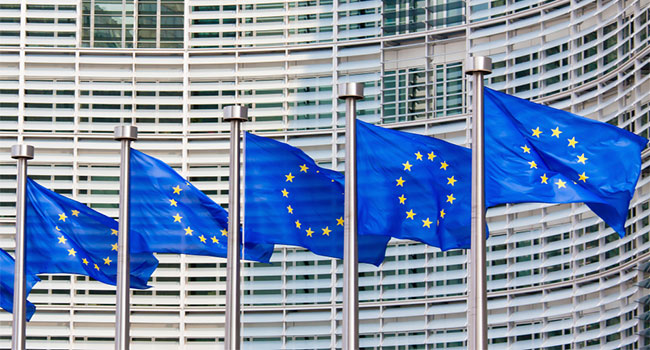
European Union Contemplates Banning Facial Recognition For Three To Five Years
While the ban is on the table, EU leadership ultimately says it would be a “far-reaching measure” with the potential to stifle the development of the technology.
- By Haley Samsel
- Jan 21, 2020
The leadership of the European Union is considering a ban on facial recognition technology in public spaces for up to five years that would give companies that time period to work out policies that would prevent abuse, Reuters reported.
An 18-page white paper obtained by Reuters and other news outlets lays out EU leaders’ concerns with facial recognition systems used by law enforcement agencies across the globe, including many EU countries.
“Building on these existing provisions, the future regulatory framework could go further and include a time-limited ban on the use of facial recognition technology in public spaces,” the white paper reads, according to Reuters. “[During a three to five year period] a sound methodology for assessing the impacts of this technology and possible risk management measures could be identified and developed.”
While the facial recognition ban is on the table, the authors of the white paper ultimately did not recommend the ban as one of three policy options that the Commission should pursue, Fortune reported.
“Such a ban would be a far-reaching measure that might hamper the development and uptake of this technology,” the authors wrote, stating that it would be better to focus on enforcing existing measures in the EU’s data protection laws such as the General Data Protection Regulation (GDPR).
Read More: GDPR: Here's What You Need to Know
The new European Commission President Ursula von der Leyen has already pledged to introduce a new legislative agenda for artificial intelligence within the first 100 days of her administration, which began on Dec. 1.
A spokesman for the Commission declined to comment on the leak of the white paper but told Fortune: “To maximize the benefits and address the challenges of Artificial Intelligence, Europe has to act as one and will define its own way, a human way. Trust and security of EU citizens will therefore be at the center of the EU’s strategy.”
The white paper included recommendations to impose regulations on developers and users of AI, including facial recognition, and that authorities should be appointed to monitor enforcement of the regulations, according to Reuters.
EU leadership will seek feedback on the white paper when it is released and then make a final decision. Margrethe Vestager, the digital chief for the EU, will likely present the Commission’s proposals in February.
About the Author
Haley Samsel is an Associate Content Editor for the Infrastructure Solutions Group at 1105 Media.